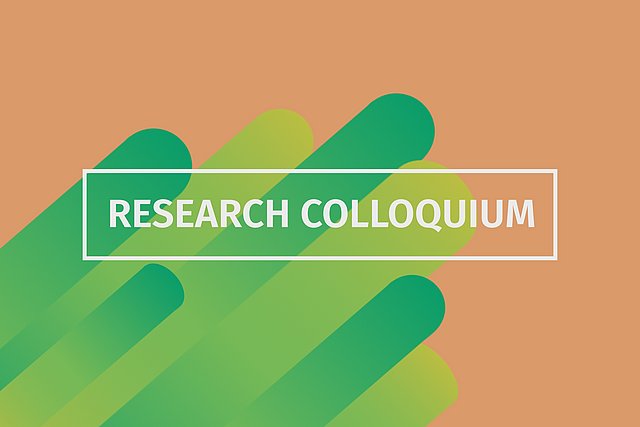You are here:

Yugoslav Albanian Labour Migration as a Microcosm of (In)visible Mobilities
Rory Archer (Graz)
- Beginning:
- Thursday, 23 May 2024 18:00
On 23 May 2024 we will welcome Rory Archer to our Regensburg Research Colloquium. He will give a lecture on "Yugoslav Albanian Labour Migration as a Microcosm of (In)visible mobilities". The lecture will be held in English.
Abstract:
This talk seeks to unpack the interlocking and historically contingent nature of the mobilities of Yugoslav Albanians in the Cold War era. Based on a research project examining labour migration from the peripheral Yugoslav Southeast to the core Northeast of the county during late socialism (i.e. domestic migration), the empirical data gathered points to the importance and endurance of previous mobilities as well as lateral migration to neighbouring and more distant lands alike. The research has led the team to unexpected phenomena like Albanian-operated Hawala (informal banking) in post-Prague Spring Czechoslovakia, informal business dealings across Cold War borders, the memory of post-imperial entrepreneurialism linking rural Macedonia to centres like inter-war Bucharest and Istanbul, and the presence of Albanian businesspeople in non-aligned, postcolonial Zambia. I propose that the case of Yugoslav Albanian migration and mobility was a largely institutionally invisible phenomenon. This is despite Albanian lands becoming, in the words of migration scholar Russell King, ‘a laboratory for the study of migration and development’ in the postsocialist era. ‘Change from below’ as a result of migration and mobility, resulted in profound transformations for the Yugoslav Albanian protagonists concerned. I suggest that such processes can be effectively studied through a methodological framework of bottom-up social and labour history.
Rory Archer:
He is a social historian of 20th century Southeast Europe. He is the PI of the project "To the Northwest! Intra-Yugoslav Albanian Migration (1953-1989)" at CSEES, University of Graz and project researcher at University of Vienna (Research Platform for the Study of Transformations and Eastern Europe) within the project "A Socialist Workplace in Postcolonial Africa: A Connected History of the Yugoslav Workforce In Zambia". At the Central European University, Budapest (Nationalism Studies Program) and the University of Belgrade (Faculty for Political Sciences) he teaches as a visiting lecturer. His previous research has focused on labour history and gender history in socialism, housing, everyday life and popular culture. Methodologically, he has experience in working through oral history, grounded theory and other qualitative, interpretive methods which link social science approaches to social history research.
Cooperation:
Leibniz ScienceCampus Europe and America in the Modern World
Venue:
GS OSESUR, Landshuter Straße 4, 93047 Regensburg, room 319 (3rd floor)
back
